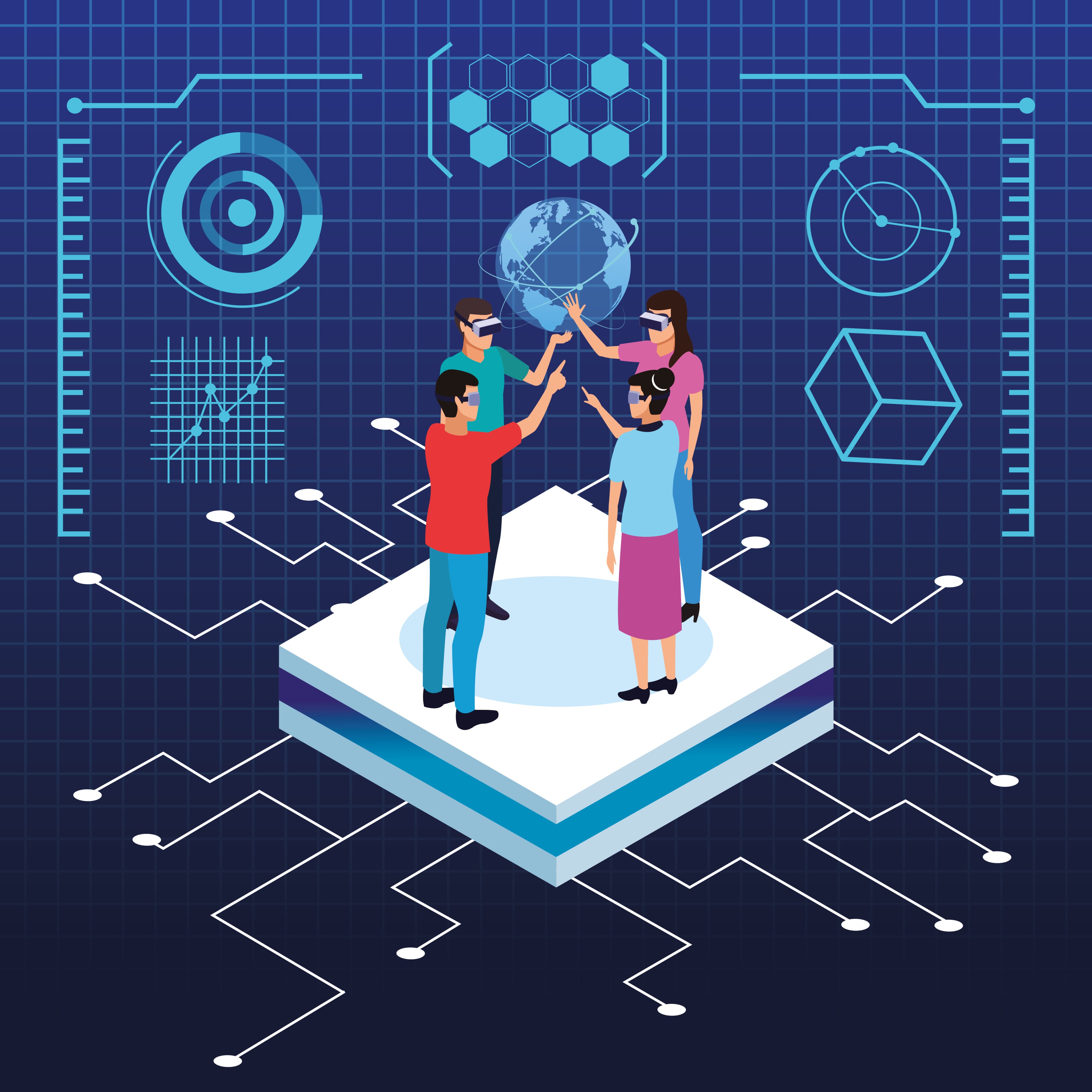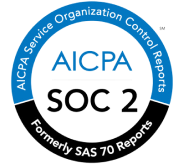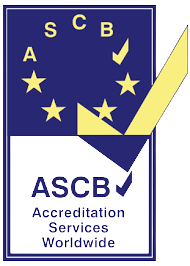Table of Content
Introduction
As we step into the BANI - Brittle, Anxious, Non-linear, and Incomprehensible world of work, HR leaders need to focus more on the emergence of the future of employee engagement.
The more we work in a tech-driven environment, the more challenging it is to engage workers, working in different shifts and rotations.
In fact, implementing engagement strategies takes a lot of time to yield measurable results for different employees, as each employee has their understanding and approach to employee engagement, which in most cases, is influenced by their mindset towards their professional goals and the company values.
This is where companies should be concerned about the future of employee engagement. Head along with this blog where we discuss this future and the things that ensure any organisation is future-ready when it comes to engaging employees from pre-hire to post-retire.
Want to skip the post?

Why is it critical to sit prepared for future employee engagement?
As an organisation grows, it expands with new hirings. Tailoring engagement strategies for each employee can be a challenge if the company doesn’t look into the future of employee engagement and doesn’t keep abreast of ongoing and upcoming trends in the corporate world.
Now, the question lies: what all factors of employee engagement should be at focus while talking about the future of employee engagement?
6 Factors of Future of Employee Engagement for Better Retention Rates:
- Work Flexibility:
The post-pandemic era has brought the concepts of hybrid and remote work to common knowledge, and remote mode of work being the most cherished one.
Ever since the height of the pandemic, employee expectations around the flexibility of working conditions have been rising. Employees prioritise flexibility over salaries and other benefits.
While there are always employees who prefer to be present at the office in person, we cannot deny the growing interest in remote work among employees.
Workplace demographics are changing. By 2028, 58% of the workforce will be millennials and Gen Z, 90% of whom, according to a recent survey, prefer remote work.
Eventually, when companies accommodate different time zones, they have to support the multiple working modules favourable for their employees.
Actionable Steps:
- Determine what resources and policies are necessary, such as flexibility around leave, schedules, Employee Assistance Programmes (EAPs), etc.
- Evaluate your Employee Value Proposition (EVP) to ensure it is competitive.
- Consider personalised working options and supporting employees’ life-work balance to be more competitive in talent attraction and employee retention.
- Provide support for managers in leading flexible teams, particularly around effective collaboration among team members in flexible work arrangements.
- Prioritise maintaining a consistent organisational culture to proactively address arising challenges when team members are in different work environments.
- Organisational Trust:
A transparent, open organisational culture that promotes psychological safety and transformational leadership is another critical element for the future of employee engagement.
Psychological safety creates trust in employees, and trust is a critical factor for employee engagement, which builds a strong sense of purpose and connection for the organisation.
Actionable Steps:
- Establish a feedback-rich work culture through the mobile-enabled PMS, where constructive feedback is encouraged and positively received.
- Promote an organisational culture where everyone knows they have an important role and responsibility. Enable organisational charts into your HRMS as an initiative for bringing clarity of the hierarchy.
- Health and Wellness:
Companies are way past giving the same benefits package to all employees.
Employees seek personalised packages for a more satisfactory and fulfilling workplace experience. By providing these, companies reflect that they prioritise employees’ health and well-being.
The more personalisation available, the better!
Actionable Steps:
- Leaders should practise free flow of information in the workplace through a social intranet, encouraging feedback and leveraging the exchange of information within the company. This helps to build mutual understanding between the employees and the employers/leaders. It then promotes the approach to know employees’ needs better for offering personalisations in job roles and related incentives.
- Consequently, a strong corporate wellness program enabled with a Happiness Meter, not only tends to the well-being of current employees but may also attract new ones for an engaging experience at all times.
- Employee Recognition and Growth:
Companies should prioritise recognising the contributions of the employees and seek ways to work through the personal and professional growth of the employees. Companies can invest in platforms enabled by a social intranet to provide a flexible ground for employee feedback and recognition.
- On a financial level, regular performance-based bonuses are an effective means of monetarily recognising employee efforts.
- Providing employees with a social intranet is the best way to engage employees as it can make the feedback process seamless. Both the managers and fellow employees can engage in conversations and acknowledge each other’s accomplishments and contributions, which propels employee recognition.
- Companies can cater for employees with options like mentorship programs, cross-training within the organisation, educational stipends and many more that care for employees’ personal and professional growth.
- Social Responsibility:
Employees want to work for more than just money. Things like purpose, passion and making a meaningful social impact greatly contribute to employee happiness.
The opportunities for organisations to invest in social responsibility are endless. Regardless of the specifics a company chooses to pursue, future employees are on the lookout for social responsibility.
If an organisation provides that, they’re more likely to engage and retain their employees along the way.
Actionable Steps:
- Embrace CSR such as sustainability, ethical practices and social initiatives. Aligning organisational values with societal concerns will resonate with candidates who seek companies that share their values and principles.
- Support managers to develop a coaching management style to increase psychological safety within their teams.
- Encourage senior leaders to set an example, bringing organisational values and desired behaviours into everyday interactions.
- Technological Advancement and AI Transformation:
There’s no need to elaborate on what importance technology holds in making the work processes of an organisation seamless.
AI has already taken over the corporate world whether it be powering a transportation platform to automate supply chain management and freight forwarding, or powering an HRMS platform to streamline and automate HR processes.
While the world is debating upon AI taking over jobs, incorporating it into the workforce will enhance employee productivity, allowing them to focus on more complex issues that require human-centric skills.
Organisations can improve their ability to leverage advanced analytics and predictive modelling to gain data-driven insights, facilitating increased accuracy in forecasting and risk management, and supporting strategic decision-making.
Data privacy, security and ethical concerns will drive organisations to invest heavily in cybersecurity to ensure data protection and compliance with strict privacy regulations. Plus, a growing emphasis on ethical AI usage.
Actionable Steps:
- First and foremost, the HR processes can be leveraged using an AI-integrated HRMS software platform. One of the outstanding suggestions would be the uKnowva HRMS platform.
- Determine which tasks and roles may be replaced by AI like automatically generating job descriptions, KRA templates, skill set checklists, etc.
- Redesign entry-level jobs, focusing more on leveraging human creativity, critical thinking and EQ.
- Establish change management strategies for AI implementation to alleviate employee concerns and facilitate a smoother transition to AI adoption.
- Advocate for DEI framework in AI development teams to limit bias and discrimination in AI algorithms – promoting fair and ethical use of AI.
Conclusion:
From here, it is evident that the future of employee engagement is all about knowing your employees thoroughly and strategically building personalisation around the employees' specific needs.
When employees feel heard, recognised, valued and in control of their work they, ultimately, will bring innovation, profitability and competitive advantage to their company making it a successful one.
FAQs:
What role will technology play in shaping the future of employee engagement?
Technology will increasingly facilitate remote work, real-time feedback mechanisms, and personalised learning experiences, enhancing employee engagement. Tools such as AI-powered chatbots, virtual reality simulations for training, and data analytics for performance monitoring will become integral to fostering employee engagement in the future.
How can companies ensure employee engagement in a hybrid work environment?
To maintain high levels of engagement in a hybrid work model, companies can prioritise clear communication, establish equitable policies for both remote and in-office employees, leverage collaboration platforms for seamless teamwork, and invest in tools that promote employee well-being and connection, regardless of physical location.
Will remote work negatively impact employee engagement in the future?
No, remote work offers opportunities for flexibility and improved work-life balance, positively impacting employee engagement. However, proactive measures are needed from employers to ensure remote employees feel included and supported.












